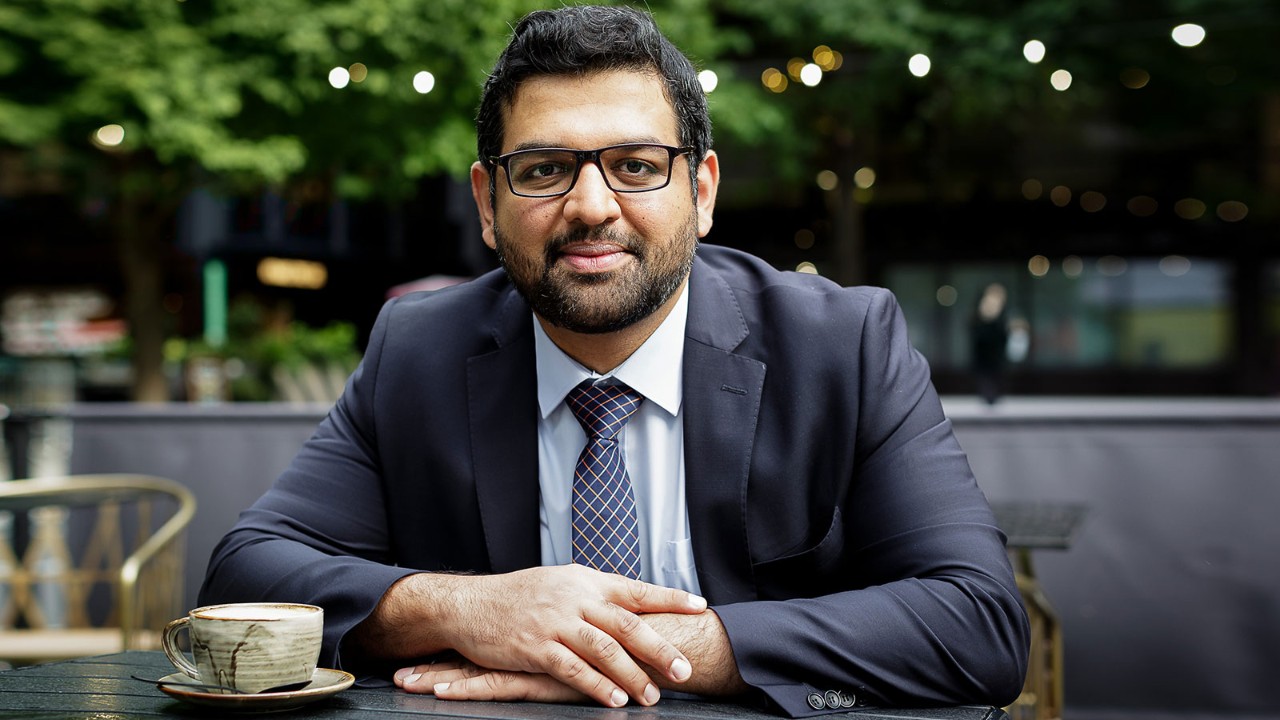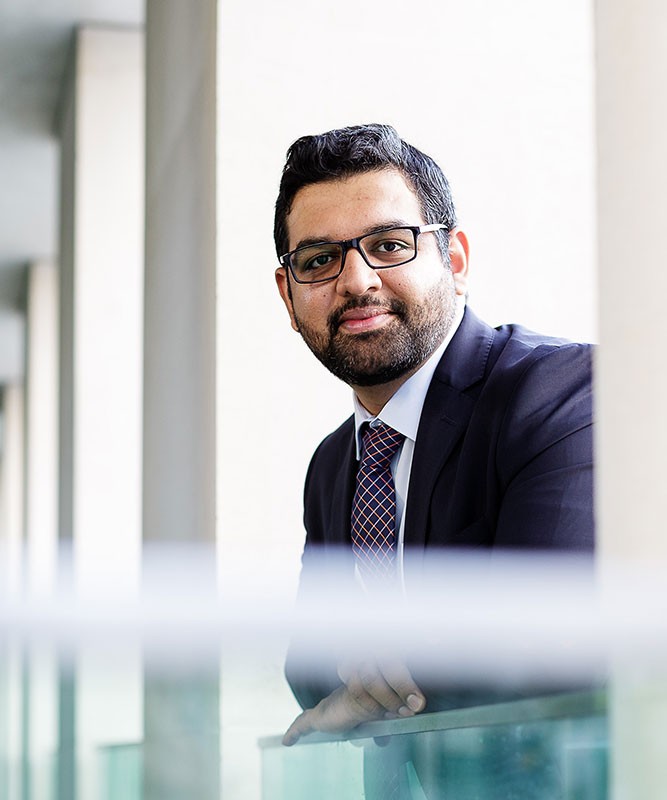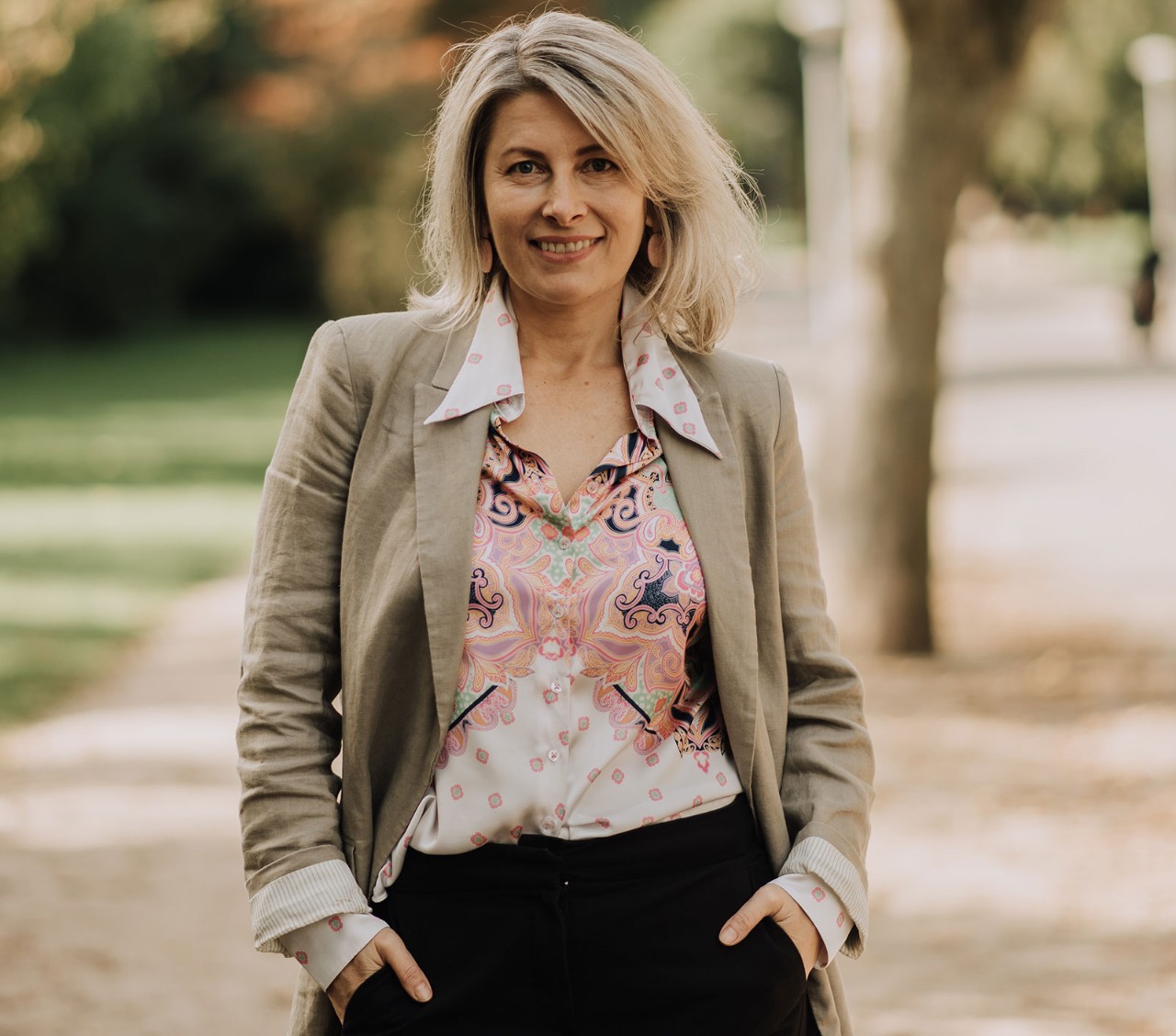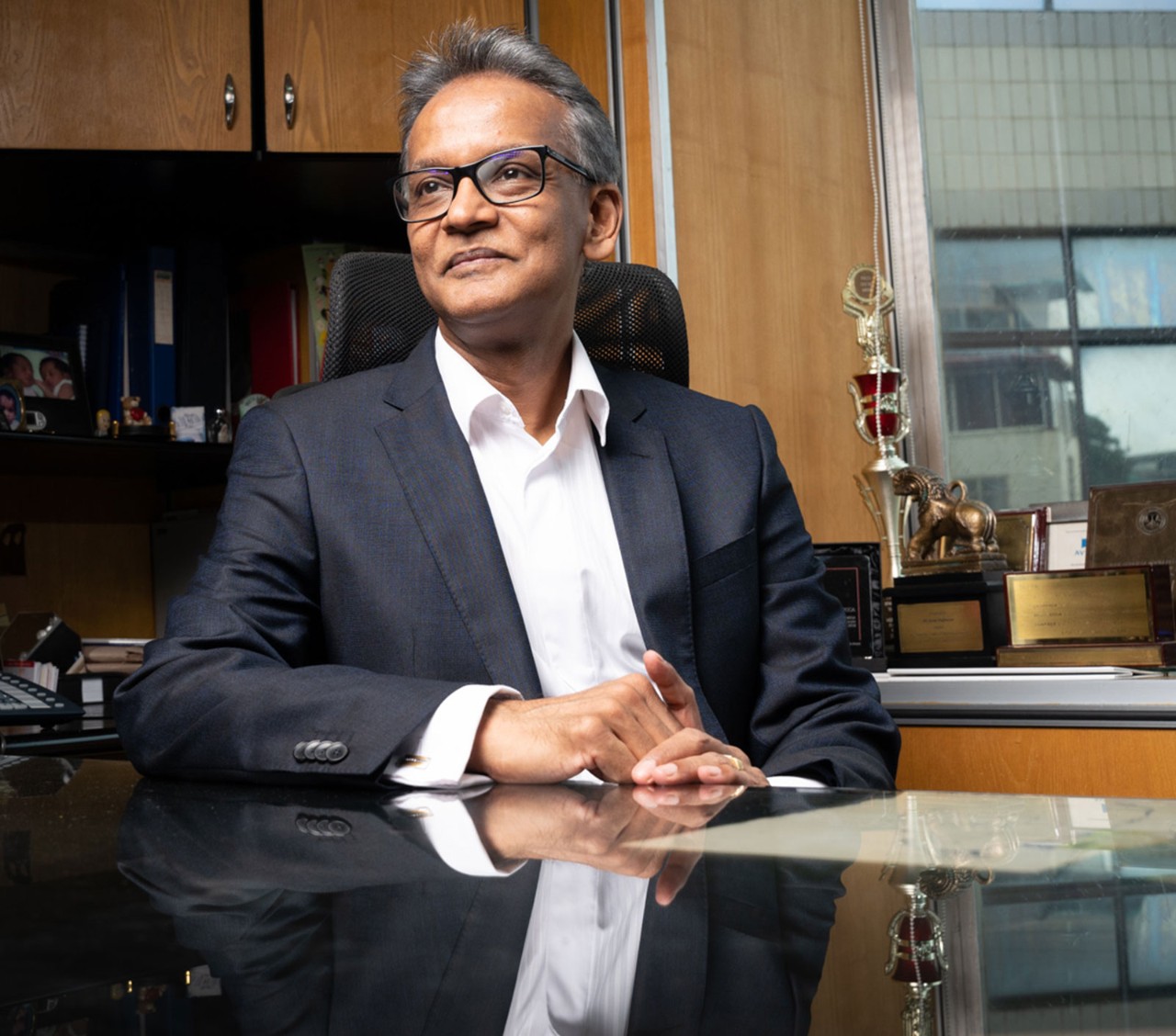
Awais Ahmad, an audit associate with Grant Thornton, has a clear message for anyone battling adversity in carving out their career: ‘The key is to find someone who can help.’
Ahmad was educated and qualified as an accountant in his country of origin, but his early 20s were spent not building up his knowledge and experience in a first role, but simply trying to find a safe haven from persecution. He arrived in the UK in 2017 aged 25 and immediately claimed refuge – and then the battle to find work began.
‘My biggest challenge when I was applying for jobs is that I wasn’t part of the system’
‘I’ve always had a keen interest in technology and accounting. You learn a lot about how things work as an accountant – you get insight into how businesses are run. You can make an impact and do a lot for others. That was what I wanted to do.’
The first few months in the UK were difficult for Ahmad. ‘It’s a new beginning and everything feels very new. You’re like a child learning how to walk.’
He also found that while he was exam-qualified, his lack of work experience and recognisable school qualifications were a serious barrier to finding a job. ‘My biggest challenge when I was applying for jobs is that I didn’t have GCSEs or A-levels on my CV. That meant I wasn’t part of the system.’
Reaching out
Fortunately, the help that he advises other aspiring accountants to seek was available. Ahmad’s first stop was the Refugee Council, where he was able to take workshops in presentation skills and writing a CV, and start to build up a network. He was then put in touch with Breaking Barriers, a charity that helps refugees in London reach their potential and find stable, fulfilling employment.
As part of the process, Breaking Barriers builds partnerships with businesses that provide work experience placements and run skills-based workshops to help refugees gain work experience. The charity assigned a dedicated employment adviser to work with Ahmad, helping him further refine his CV and identify the roles to which he could apply.
'It’s so important that businesses give people like me a chance. It doesn’t mean compromising on quality'
Opportunities were rare, but after a few months he was put forward for an interview to work with Grant Thornton, initially on a six-month work experience placement in the tax team.
‘There was no promise that there would be a job at the end of it, but I felt it was a risk worth taking,’ says Ahmad. ‘It’s important to take any chance that presents itself.’
Fitting in
He says that the first few weeks were a culture shock and he struggled initially with shyness and hesitance. But with the support of his colleagues and Breaking Barriers, he built up his confidence and began to realise he could bring value to the team. He was offered a fixed-term contract at the end of his placement in the tax team and recently moved to audit as a permanent hire.

From social challenge to business opportunity
Breaking Barriers’ Fuse network brings like-minded businesses together to learn from each other and share best practice in employing refugees and helping them reach their full potential.
Working with its network, the charity has launched an Action Plan, a tool that is designed to help businesses take action to support refugees into meaningful employment and ‘foster a diverse, inclusive and thriving workplace’. Founding members include Grant Thornton, Bank of America and BNY Mellon.
The Plan sets out four steps that businesses can take, regardless of size, sector or starting point:
- Educate – inform yourself and your business
- Collaborate – come together across your organisation
- Identify – find the path that’s right for you
- Participate – take action together.
The Fuse Action Plan includes case studies and practical solutions from corporate partners that have worked with Breaking Barriers in the past. It is designed to be a starting point to help businesses understand how they can unlock the potential of refugees
‘I want to build on what I’ve learned and see how organisations work and how markets are regulated,’ he says. His long-term plan is to work as a consultant, advising governments and charities on the feasibility and viability of projects. ‘I want to make an impact on the wider population and the community.’
He is endlessly grateful to Breaking Barriers for its support and to Grant Thornton for looking beyond his atypical CV. ‘It’s so important that businesses give people like me a chance,’ he says. ‘It doesn’t mean compromising on quality, it’s just about making exceptions to the normal recruitment process.’
Breaking Barriers recently announced an initiative, Business behind refugees, that aims to persuade 100 companies to commit to supporting or hiring refugees in the next 12 months, many of whom will have arrived from Afghanistan. Ahmad says these refugees will have much to offer UK businesses.
‘Most of the people coming here will have already worked for the government or for western organisations in Afghanistan. They are good enough. It’s all about businesses creating an opportunity to attract and recruit that talent.’




